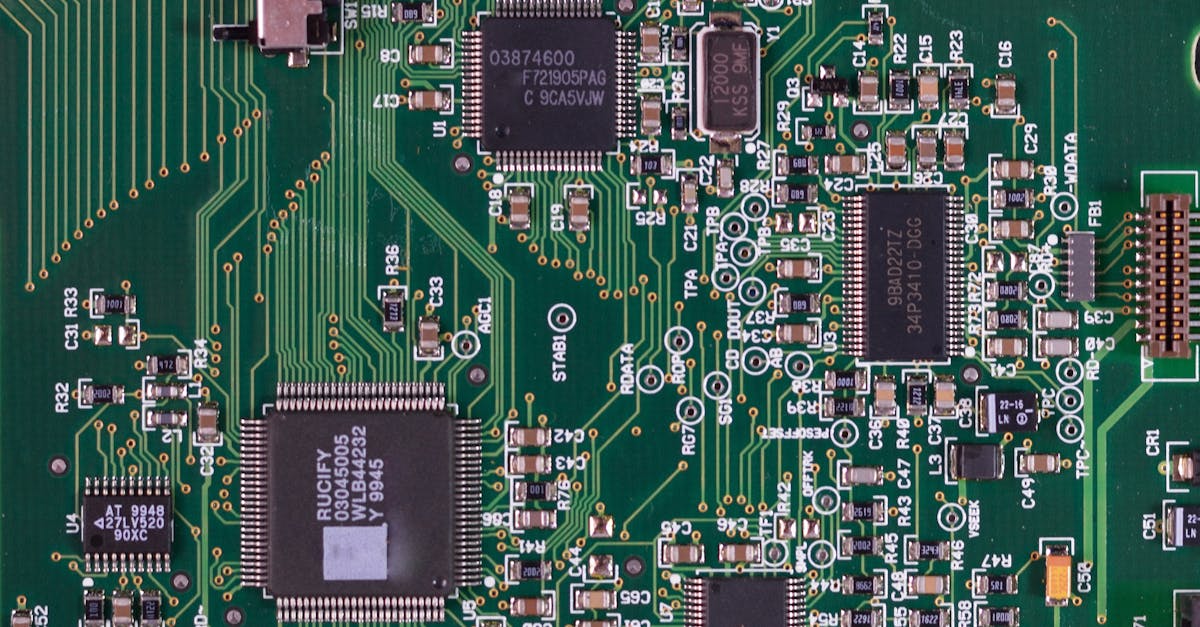Shares of HP fell to $35.51 during today's evening trading session -- a decrease of -2.6% that still sees the stock 8.66% above its average analyst target price of $32.68. So there may be further downside for the Computer Hardware stock, which analysts rate as buy on average. Current target prices range from $27.98 to 37.31 dollars per share.
The market seems to share this rosy outlook, since HP has a short interest of only 2.4%. This represents the percentage of the share float that is being shorted, and each short position stands for an investor's expectation that the price of the stock will go down in the future.
When a stock is sold short, it means an investor has borrowed shares of the stock from their broker, and then sold them at the going market price. The investor hopes for the price to decline, so that they might buy those shares back at a lower price in the future. Once they do, they can return the borrowed shares to their broker, and keep the profit they made on the transaction.
Another way to gauge the sentiment on HP is to look at the percentage of institutions that are invested in the stock. In this case, 79.5% of the shares are held by pension, mutual, and hedge funds, which shows that these institutions probably have strong confidence in the stock.
If institutions are invested in a particular stock, it shows in most cases that they have performed quality research and concluded that it is a good investment. In some cases, however, increases in institutional ownership could be a sign of a takeover attempt or proxy fight, which can actually injure share prices. Also, institutions are not infallible, and can certainly make miscalculations -- often with spectacular results.
To sum up, HP is probably the subject of mixed market sentiment because of an analyst consensus of little upside potential, a buy rating, an average amount of shares sold short, and an average number of institutional investors. At Market Inference, we believe that any investment decision should be preceded by an in-depth analysis of the company's fundamental values and a comparison with similar stocks.
Here's a snapshot of some important facts to keep in mind about HPQ:
-
The stock has trailing 12 month earnings per share (EPS) of $2.96
-
HP has a trailing 12 month Price to Earnings (P/E) ratio of 12.0 compared to the S&P 500 average of 27.65
-
HP is a Technology company, and the sector average P/E and P/B ratios are 32.54 and 4.25 respectively


